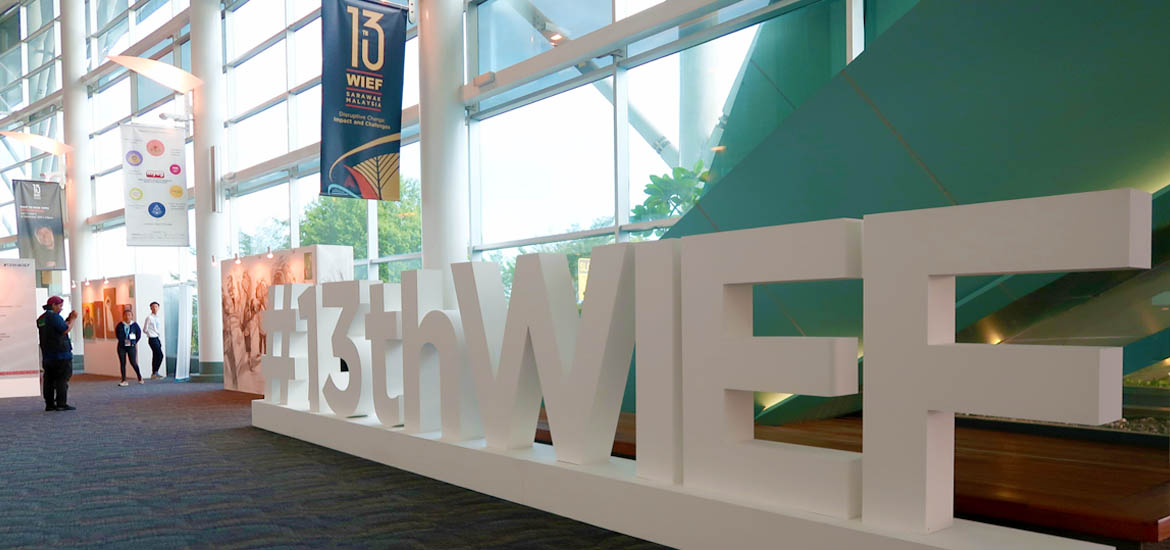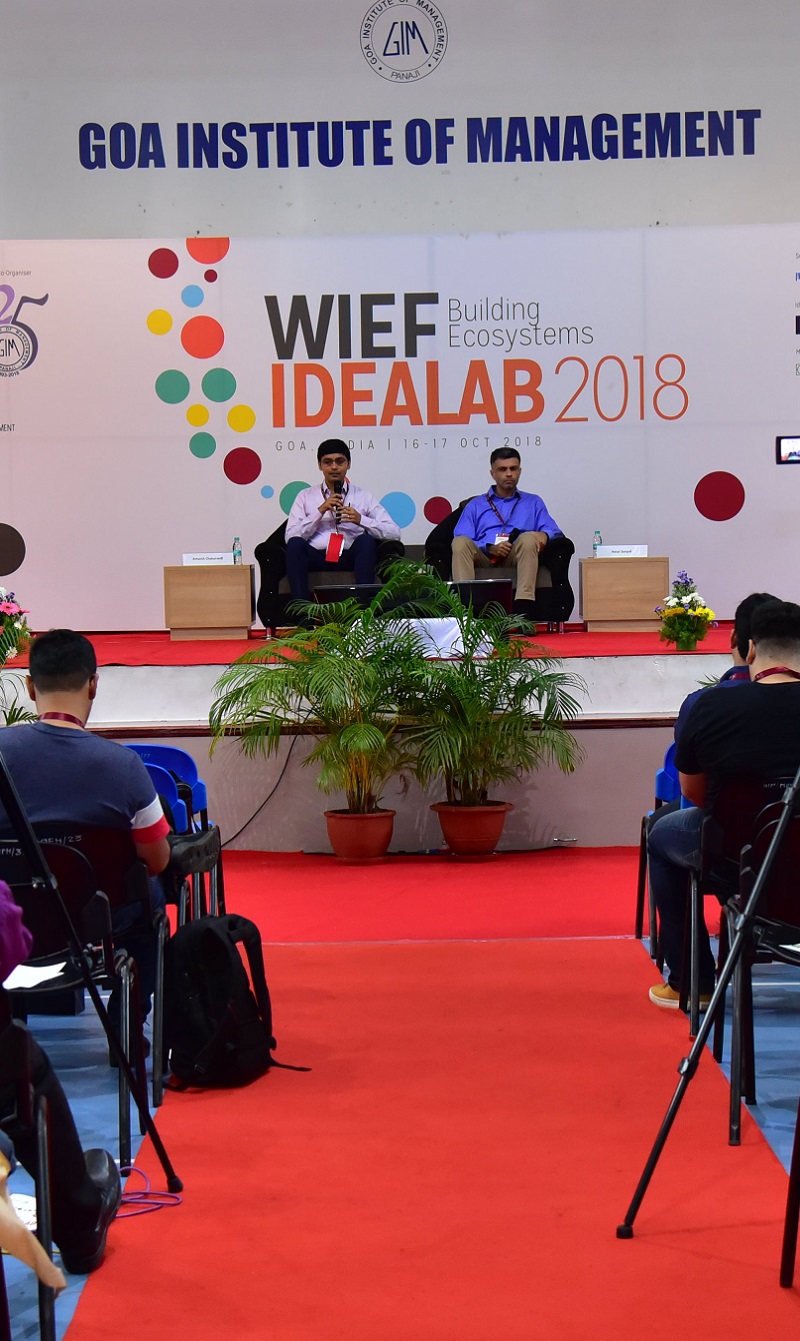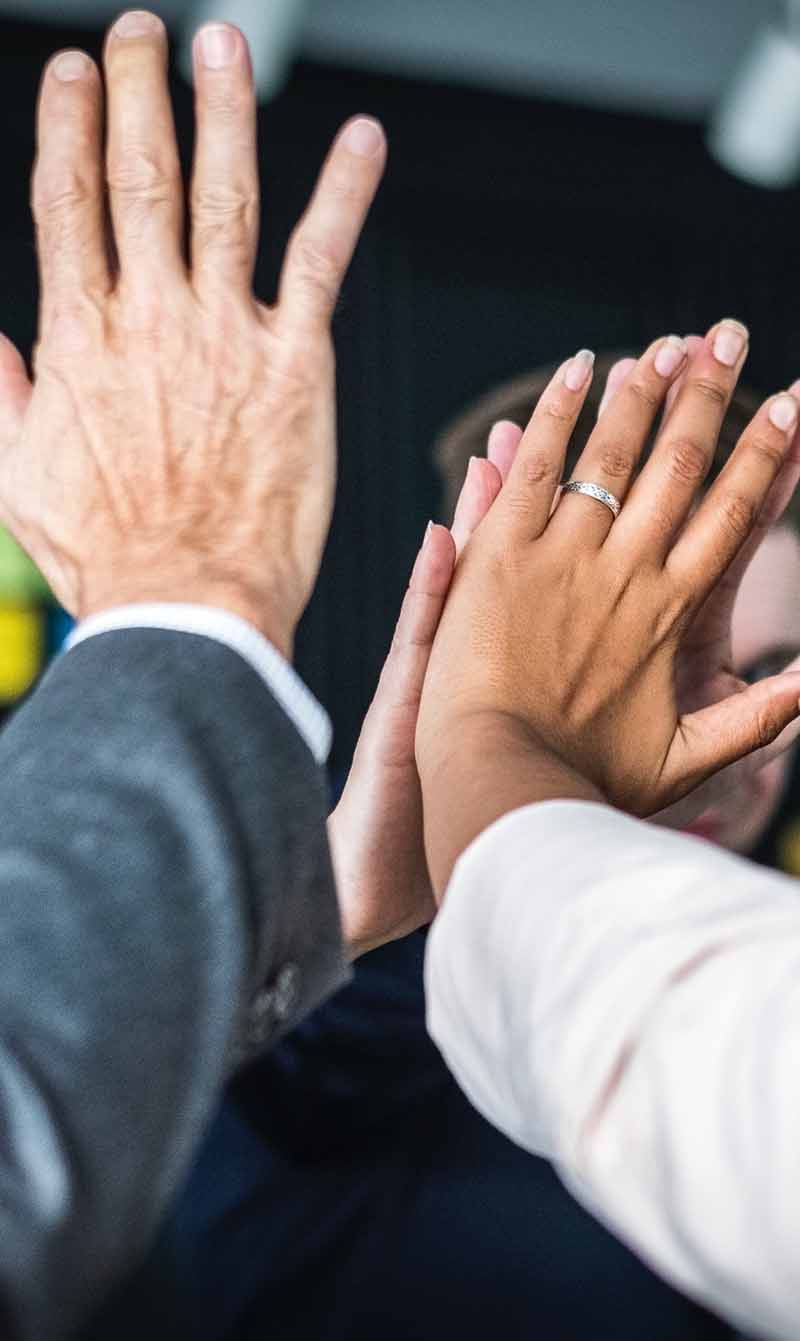13th WIEF
Businesses in all industries have faced their share of disruptive waves, rippling changes across the world. The 13th World Islamic Economic Forum (WIEF), held in Kuching explored how businesses can leverage, adapt and see the opportunities for these changes.
Disruption, be it political, economic or social, has not left a stone unturned in the world today. Technology has been the tool in this disruption that directly impacted the way companies conventionally worked. This technological era may have exposed vulnerabilities of some well-established companies, but at the same time, it raised awareness of the need to support emerging disruptive businesses. Motivated by these disruptive transformations, the 13th World Islamic Economic Forum (WIEF) was themed Disruptive Change: Impact and Challenges. It was held at the Borneo Convention Centre Kuching in Sarawak on 21-23 November 2017.
Held in the mystical island of Borneo and hosted by the Malaysian state of Sarawak, this year’s Forum offered the WIEF participants from around the world a new experience. On the eve of Forum, speakers and guests attended the welcoming dinner which introduced Sarawak’s hospitality in a cultural show.
The 13th WIEF saw over 3000 participants, leaders and experts engaged in heated business discussions about their practices and action plans for future growth and sustainability. Throughout the three-day Forum, various programmes sparked business connections with likely and unlikely partners. Business issues were addressed through the panel discussions, masterclasses, initiative rooms and other programmes. The topics included renewable energy, education, technology in agriculture, Islamic finance, blockchain, the halal industry and more.
At the Global Economic Outlook session, discussions revolved around the efforts to redefine the global economic system. Participants got to hear the speakers’ expertise from France, Iran, Philippines, Singapore and Malaysia on how this system should look like. After the panel discussions ran throughout day one, the evening ended with a Gala Dinner at the Sarawak State Legislative Assembly, a beautiful landmark admired across the river.
Technology: a platform
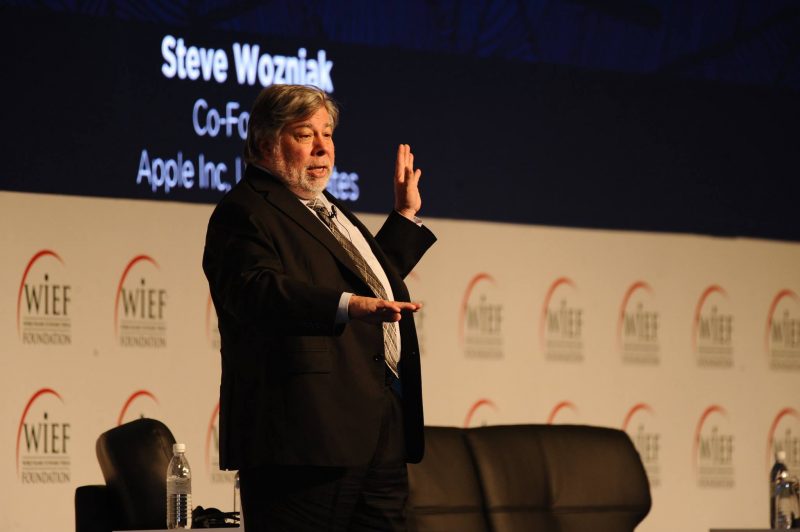
‘[Blockchain] could just blow up, it’s a platform, like our first computer was a platform’
Co-founder of Apple Inc, Steve Wozniak, engaged the audience with his tech-savvy world during the Face to Face session at the Forum. In this session, moderated by Daniel Sieberg, co-founder of the News Lab at Google, Wozniak provided insights about how businesses should grow in this technological upsurge. When the floor opened for questions, Wozniak responded to concerns of the future of technological advancement. On his views on the future of blockchain, he said ‘it could just blow up, it’s a platform, like our first computer was a platform’.
Special programmes were held on day two of the event to discuss investment opportunities in countries such as the Republic of Tatarstan, the Philippines and Indonesia. Other special programmes included the Iskandar Halal Park, formerly the Johor Halal Park, where participants were updated on the current and future developments of the Halal Hub. The Awqaf Exchange programme was also held to showcase innovative awqaf projects and provided valuable insights into the social finance projects by Islamic Development Bank.
Taking the initiative
The initiative room, guided by expert facilitators offered groups of participants to dream up innovative initiatives to issues addressed during the Forum. 10 issues related to women, fintech, education, agriculture and renewable energy were discussed. Their passion shone through in forms of initiatives that we hope will be adopted and adapted by the relevant communities.
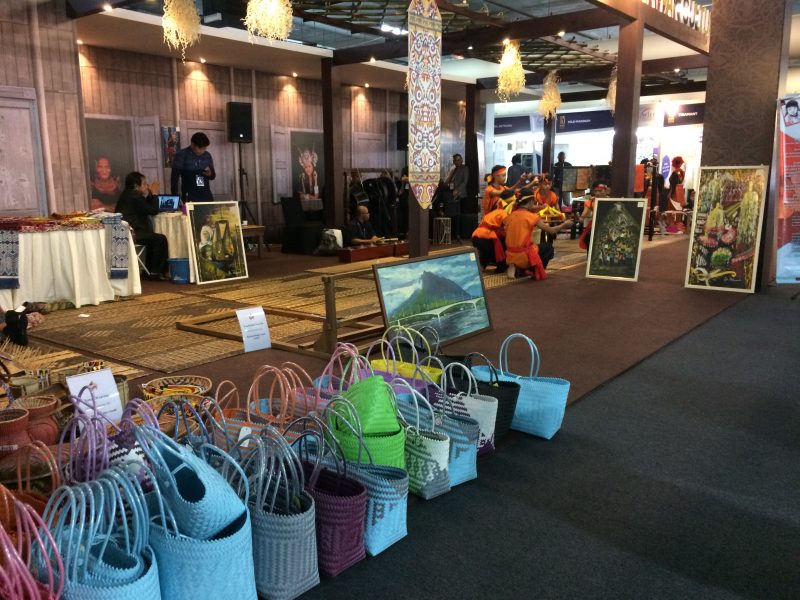
Alongside the ongoing sessions, the three-day Forum showcased over 37 companies at its exhibition space. Participating industries such as health, travel, energy, education and Islamic finance displayed their products and services.
In close proximity to the exhibition, the business exchange platform offered over 30 companies a chance to present their products and services to interested participants. Disruptive marketing was one of the masterclasses offered at the business exchange. Other design and tech companies got involved in furthering business connections and collaborations.
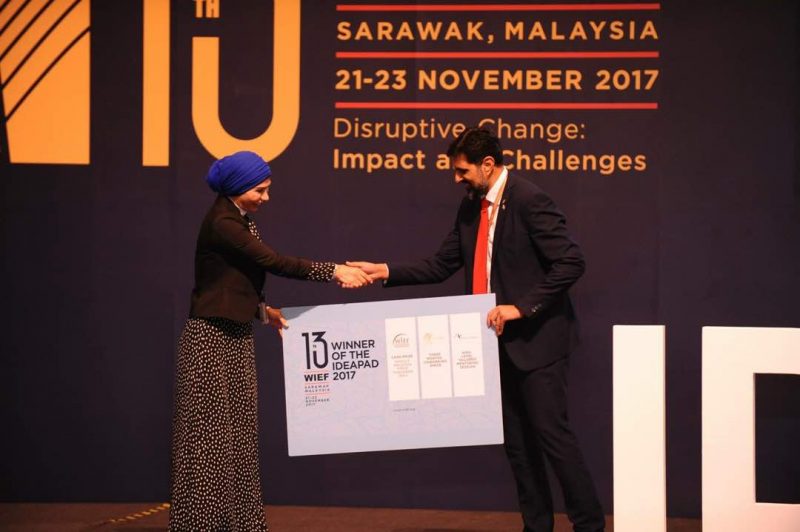
A value-added service at the Forum was the LinkedUp lounge, which helped participants connect with other participants in their preferred industry. This feature simplified connections and face to face business meetings.
At the IdeaPad pitching stage, four startups got a chance to pitch their ideas to a panel of judges and potential investors. The winner of the cash prize, mentoring sessions and co-working space, was the founder of Nari Skin Care, an entrepreneur who started her halal skincare line with her two daughters.
An evening to remember
This year’s marketplace of creative arts (MOCAfest) ran film screenings and provided creative business opportunities for interested participants. Participants also got a chance to meet the directors and artists at the event who had their films and
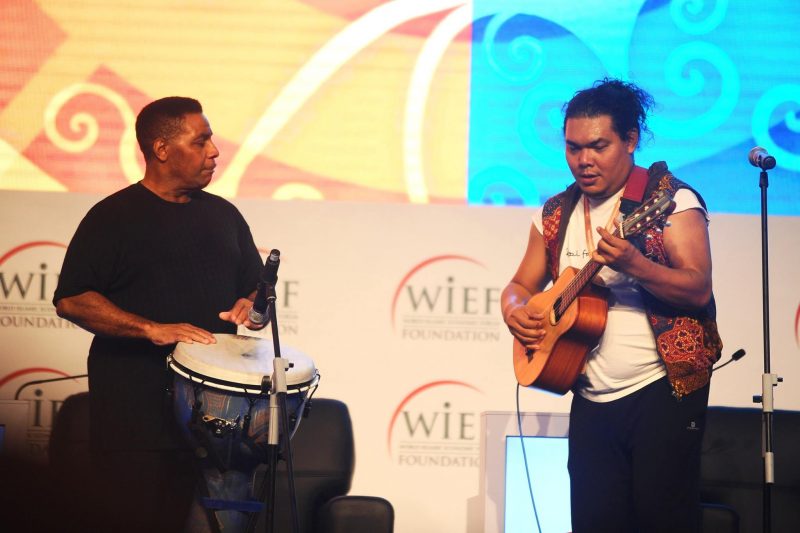
artwork displayed around the venue. Some of the films to note were Music is Our Weapon by Taye Balogun and the Making of Moana by Danee Hazama.
MOCAfest’s programme ran throughout the three days of the Forum signifying the role of the art industry in business. The MOCAfest Soundscape Concert saw performances by world-renowned musicians. On the evening of day two, the likes of Steve Thornton, Loyce Gayo and others captivated the audience through music, poetry and dance with colourful vibes in a stage lit finale.
Last words
In conjunction with the 13th WIEF, 16 MOUs were signed, from six countries, in the fields of fintech, halal, Islamic digital economy and creative production among others. The International Halal Award was also launched, a project in collaboration with JAKIM, the Islamic development department of Malaysia, along SME Corp and Serunai Commerce. The Sadaqah House also launched its book Sadaqa House: Its Viability in the Islamic Banking Framework which explored the viability of Sadaqa House as a banking product in the Islamic Banking Framework.
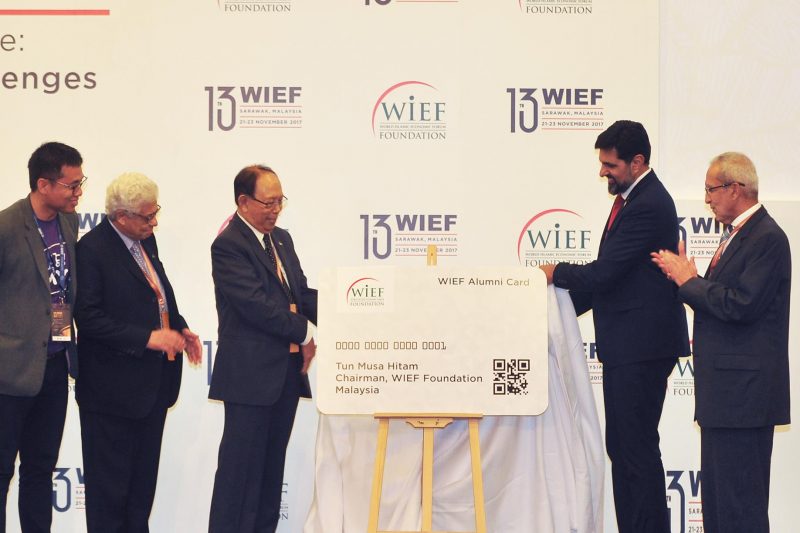
Over the years, the WIEF Foundation has helped garner and nurture youth and women from around the world to further their business goals, through various programmes held by the WIEF Businesswomen Network (WBN) and the WIEF Young Leaders Network (WYN). At the 13th WIEF in Kuching, the WYN and WBN alumni members congregated for the first ever reunion. This had inspired the creation WIEF alumni card and app which were launched during the Forum.
Over 40 young leaders and 40 businesswomen got to meet at the WIEF alumni meetings held during the Forum. As part of the WIEF Foundation’s Chairman, Tun Musa Hitam’s greater vision to create long lasting connections between entrepreneurs worldwide, the WIEF’s inaugural alumni network for the WYN and WBN was also launched during the 13th WIEF. WBN and WYN alumni programmes were then held on the following days after the Forum to connect the alumni members and facilitate their future collaborations.
___________________
For more on 13th WIEF and our Foundation’s initiatives, download our 2017 report here.
